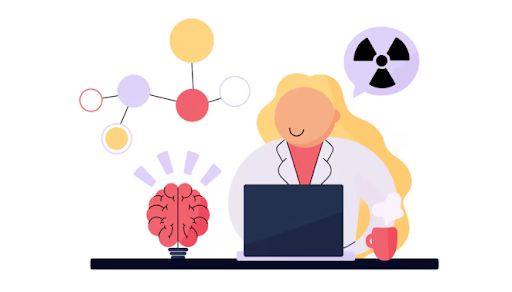When a child receives a developmental diagnosis, one of the first questions parents often ask is: “What should we do next?” Research consistently shows that early intervention can make a powerful difference in a child’s learning, communication, and independence. Applied Behavior Analysis (ABA) therapy is one of the most widely recommended approaches, and starting early often leads to the best outcomes.
Early intervention typically refers to services and supports provided before the age of five, although therapy at any age can be beneficial. The goal is to teach critical developmental skills during the years when a child’s brain is most adaptable.
Early intervention doesn’t just support the child—it also empowers parents and caregivers. Families learn evidence-based strategies to support growth at home and in the community, creating consistency and long-term success.
While early intervention is highly effective, ABA therapy can benefit individuals at any age. Each program is tailored to meet the unique needs of the learner, ensuring progress is always possible.

Discover Discrete Trial Training (DTT) in ABA therapy. Learn how this effective method helps children with autism in Raleigh, NC, acquire new skills, with insights for parents from Sunny Skies ABA.
Read More
Unlock the mystery of your child's behaviors with our guide to the four functions of behavior in ABA therapy. Learn how Sunny Skies ABA in Raleigh, NC, uses these insights for effective treatment.
Read More
Applied Behavior Analysis (ABA) therapy is one of the most widely studied and effective interventions for children with autism spectrum disorder (ASD).
Read More